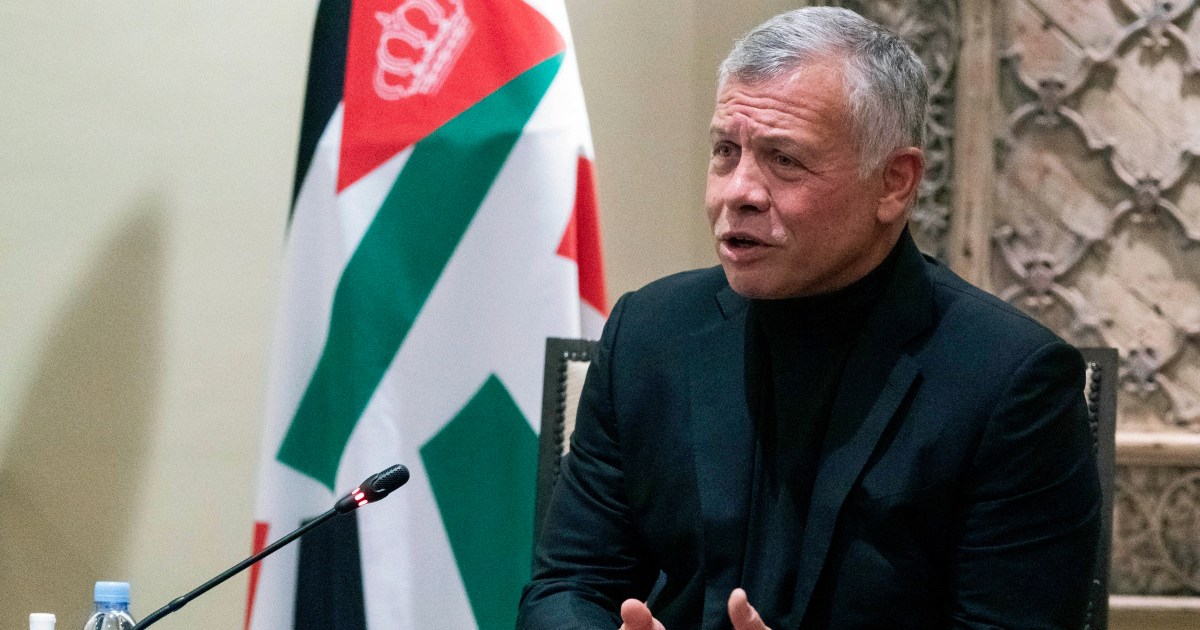[ad_1]
Syria stated that the leaders of the two countries discussed bilateral relations and “strengthened cooperation for the benefit of the two countries and the two peoples.”
The palace said King Abdullah II of Jordan received a call from Syrian President Bashar al-Assad on Sunday. This is the first conversation between the two leaders after ten years of tension in the Syrian war.
The call came a few days after Amman Open It borders Syria and aims to promote cooperation between the two countries, both of which are facing challenging economic conditions.
The Jordanian royal family stated that the leaders discussed “the relationship between fraternal countries and ways to strengthen cooperation between them”.
Abdullah affirmed his country’s support for “striving to safeguard Syria’s sovereignty, stability, territorial integrity and people.”
The Syrian state news agency SANA stated that Assad called Abdullah to discuss bilateral relations and “strengthen cooperation for the benefit of the two countries and the two peoples.”
The call was part of a new thawing of relations between the two neighboring countries after the Syrian war, which the United Nations said caused at least 350,209 deaths.
Relationship warming up
The Syrian Defense Minister visited Jordan at the end of last month. A 10-year agreement to transport Egyptian gas through Jordan, Syria and Lebanon was also restored in September.
Syria was suspended from joining the 22-member Arab League group in November 2011, and a few months later the conflict was triggered by the brutal suppression of anti-government protests.
Some regional powers bet on the demise of the Assad regime and suspended diplomatic relations with Damascus. But Jordan maintains relations with Syria, albeit limited.
Amman has hosted opposition groups supported by the West and has hosted hundreds of thousands of refugees.
Arab and Western countries generally blame Assad for his deadly suppression of the Arab Spring protests, and support the opposition in the early stages of the conflict, resulting in the displacement of millions of people.
Syria has always been sanctioned by the United States and many Western countries.
After the promulgation of the Caesars Act in 2019, Jordanian businessmen basically avoided dealing with Syria-this is the most severe sanction by the United States so far, prohibiting foreign companies from trading with Damascus.
At the end of 2015, as Russia placed its military power behind Assad, the war situation changed.
[ad_2]
Source link
